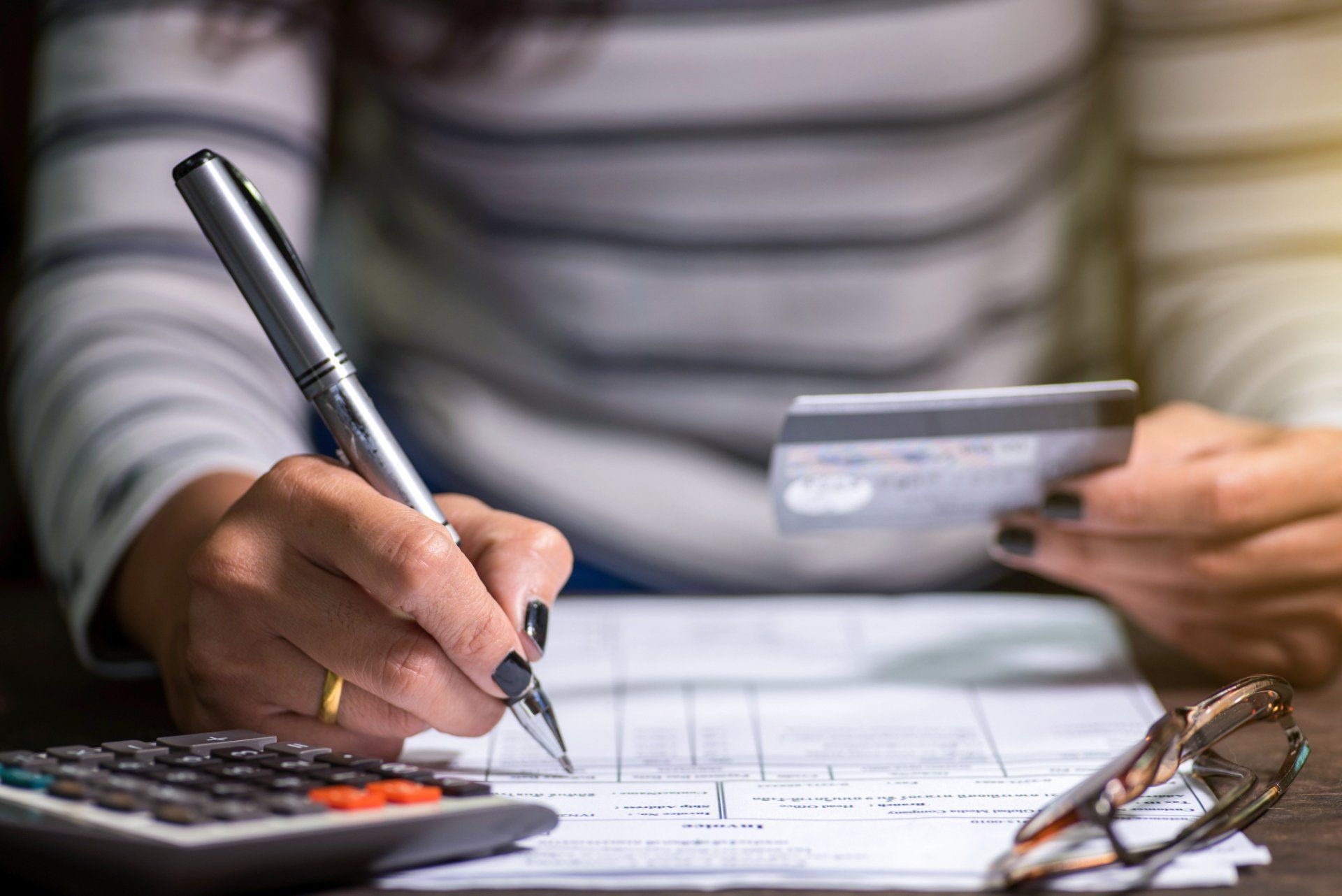Bankruptcy laws are certainly complex and confusing. Navigating your way through all of the legal jargon can be difficult to do on your own. Let Rod Willcox and his staff help you file for bankruptcy. Willcox Law Firm, PLLC, has over 30 years of experience in helping people in a tough situation just like you.
Chapter 7 Bankruptcy
Clients who are typically eligible for Chapter 7 will have their unsecured debts such as credit cards, medical bills, personal loans, etc., eliminated (discharged). You are allowed to keep certain assets such as your house, vehicle, household goods, and other personal property based on the equity in these items. Chapter 7 debtors are required to continue paying most taxes, child support, and alimony; additionally, debtors keeping homes and cars will be required to keep making those payments.
Because there is generally little to no non-exempt property in most Chapter 7 cases, there may not even be an actual “liquidation” of the debtor’s assets. These cases are deemed “no asset” cases.
Debtors normally receive their discharge within a few months of the filing of the petition and their case is closed.
Chapter 13 Bankruptcy
Falling into debt can be an incredibly scary time for you and your family. Without a home, car, and your other valuable assets, where will you go and what will you do? These times don't have to be so threatening. Keep your assets and repay your debt with the help of Willcox Law Firm.
Chapter 13 bankruptcy, or "wage earners' plans," are preferred over Chapter 7 filings in certain cases. Chapter 13 allows the debtor to keep a valuable asset such as a home while letting the debtor propose a "plan" to repay their creditors over a period of time (typically 3 to 5 years). Filing for bankruptcy under Chapter 13 can stop foreclosure, help debtors catch up on late loan payments, pay back taxes, and more.
Several factors go into determining your Chapter 13 plan payment, such as the amount owed to secured creditors, delinquent amounts on loans, and your disposable income. In order to file, you'll need a "regular source of income" and show disposable income to make the plan payments.
Unlike Chapter 7 bankruptcy, the debtor doesn't receive an immediate discharge. Instead, you must complete the payments required under the plan before a discharge can be granted.
